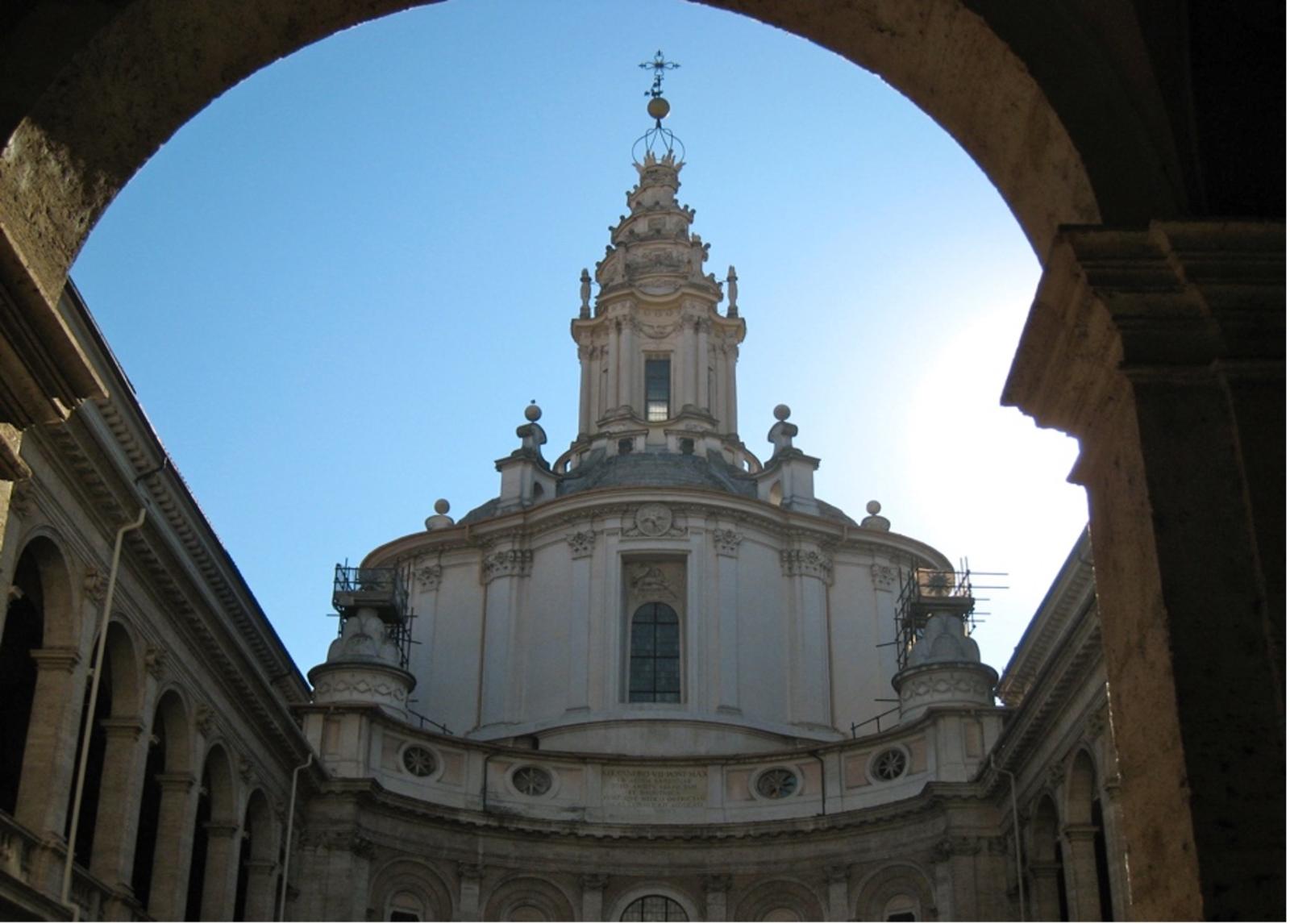ARC 388R / ARC 342R / ARI 368S / ARI 388R
Fri 9:00am – 12:00pm, SUT 2.110
Open to all ARC and ARI students
Smilja Milovanovic-Bertram: smilja@utexas.edu
The course will introduce students to the historical development of Italian architecture and its influence today. Like Janus, Roman god of beginnings, transitions and passages, the course will explore the past in order to understand the future of design.
Subjects range from Etruscan architecture, ancient Rome’s construction innovations of arches, vaults, domes and city planning to the rebirth of classical orders during the Renaissance to contemporary Italian movements of Futurism and Rationalism. Topics will explore the writings from Vitruvius, Alberti and Palladio to the contemporary manifestos of Antonio Sant’Elia, Giuseppe Terragni, Aldo Rossi and Gruppo 7.
Lecture subjects will also address the influence of travel in transmitting Italy’s influence through the Grand Tour (17c. to 18c.) as well as travel by contemporary architects (including Louis Kahn and his discovery of Roman ruins, Robert Venturi and his longstanding relationship with Rome, Le Corbusier's journey to east). The course will include the role of Andrea Palladio, through the legacy of Vitruvius, in disseminating his ideas.
The seminar will also address travel as design process and instrument in creativity and production of architectural knowledge. Examples are Louis Kahn and his travels to Rome, Robert Venturi and his long-standing relationship with Rome as well as Le Corbusier’s journey to the east in his formative years. For architects traveling abroad foreign culture and landscape can be critical factors in shaping future design thinking.
We will discuss the role of Italian Rationalist architecture and Italian cinema’s Neorealism in the the production of space. Architecture and cinema both articulate lived-space. Like cinema, architecture exists in dimensions of time, movement and emotions.
The course will conclude with an in-depth study of Lina Bo Bardi, Italian born Brazilian architect (1914-1992). We will investigate the phenomena of cultural displacement and dissemination in Bo Bardi’s design thinking. Bo Bardi was educated in Rome, trained in Milan and immigrated to Brazil after World War II. In Brazil she evolved from her Modernist training into a uniquely humanist architect influenced both by the culture of her native Italy and the indigenous culture of Bahia in her adopted Brazil.

